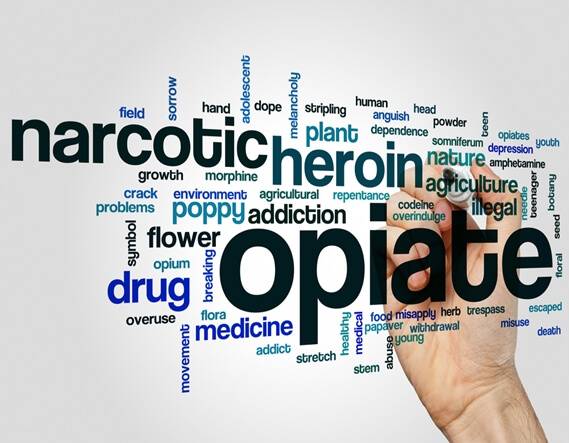
Medication Management
Substance addiction is a curse and every addicted individual wants to get rid of their addiction. For comfortable recovery, medications can help soften the withdrawal responses among the patients with intense physical dependence to assist patients to feel safer during the early stages of treatment after stopping alcohol or drug use. Reducing withdrawal symptoms help the patient to stay abstinent and remain in treatment rather than being arrested by the vicious cycle of using drugs to lessen withdrawal symptoms, thereby, continuing drug dependence.
Most pharmacotherapies work for the brain receptors of neurotransmitters/neuromodulators that start malfunctioning as a result of the specific addiction. Most medications for SUD can categorized into three general classes including
- Full agonist medications
- Partial agonists
- Antagonist medications
Full agonists directly stimulate receptor stations in the brain; e.g, methadone binds to the opiate receptor same as that of heroin. Full agonist medications are used as replacements for the abused drug, and the patient continues to take the medication as long-term therapy to maintain his or her recovery. Partial agonists act like agonists but do not facilitate the receptor to the same degree. Partial agonists are occasionally used for detoxification, following which the client remains drug-free. Buprenorphine is a partial agonist that was recently developed for detoxification and for use as a maintenance medication for patients who are at risk for relapse into an identical dependence on opioids. Agonist medications are taken daily to avoid withdrawal and cravings and are inevitable to relapse. Antagonist medications bind to the receptor but do not provoke it and prevent agonists from binding. Naltrexone discussed further below, is an example of an antagonist medication that was developed for the treatment of opioid dependence.
Seeking Medication Therapy and Management in Florida, Aloha Detox offers the expertise of the best professionals with a cutting edge approach to prevent relapse to ease you through recovery.
Get your appointment with Aloha Detox where the well-designed Trauma Therapy sessions have been conducted by skilled and experienced professionals.
Direct Call: Speak to our compassionate admissions specialists at Call us now – 888-892-5642
Online Inquiry: Complete our online form or reach out via email at enquire us at info@alohadetox.com
